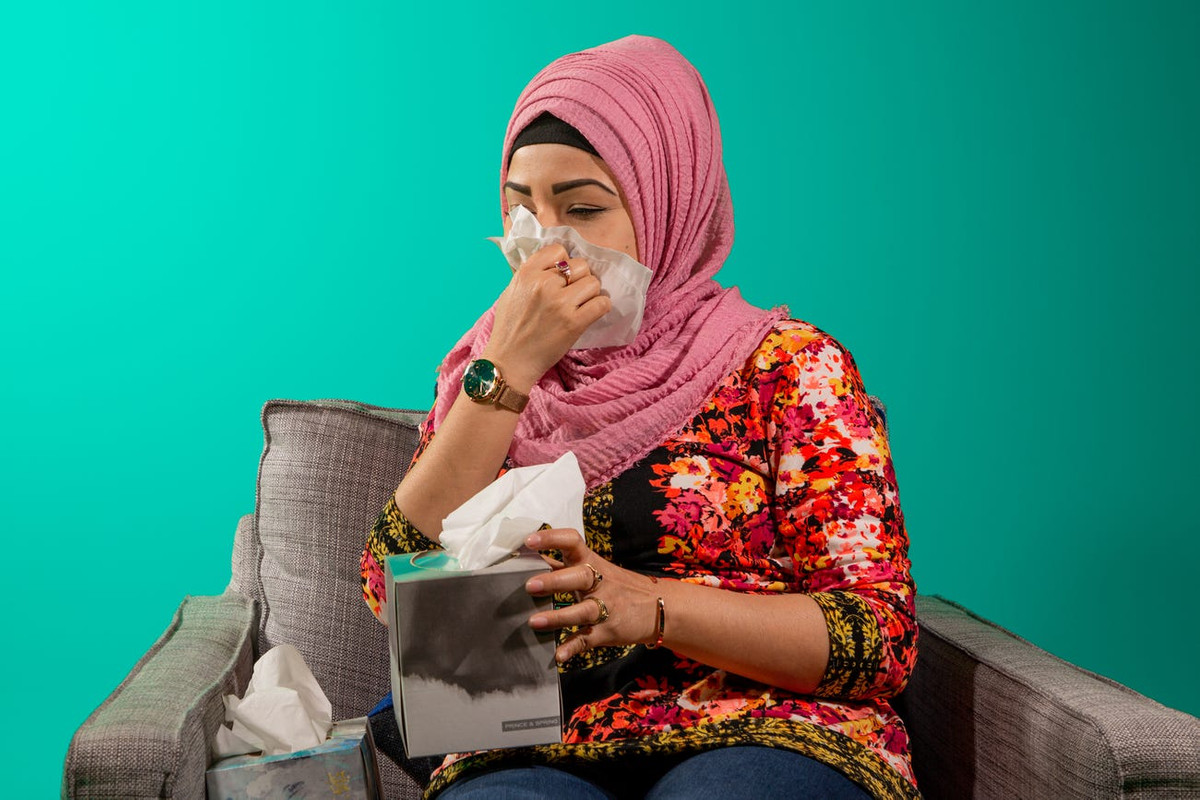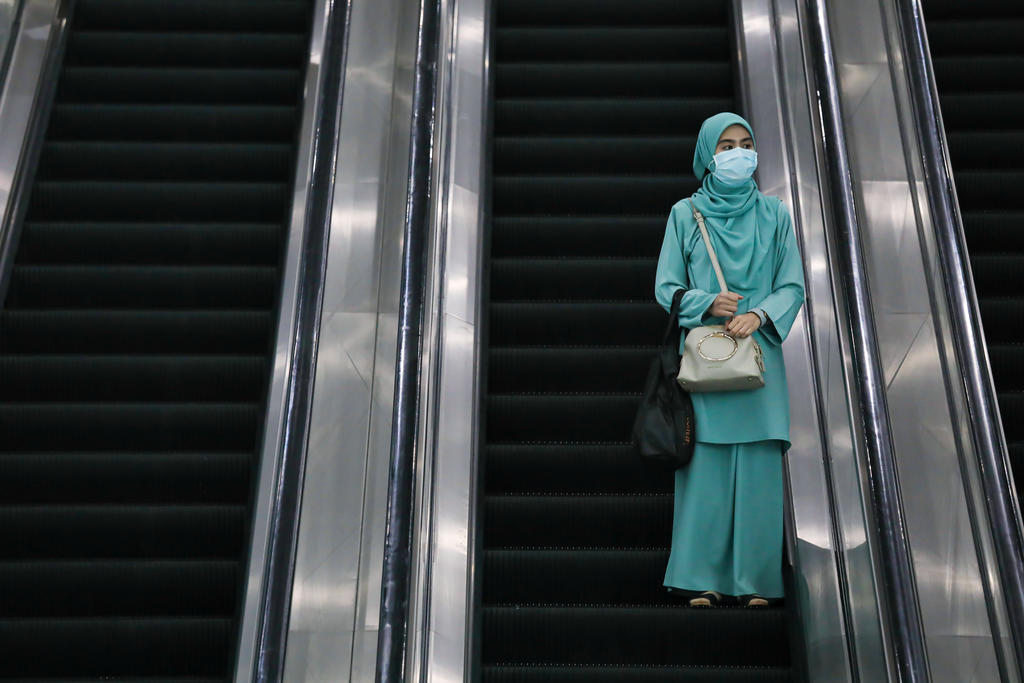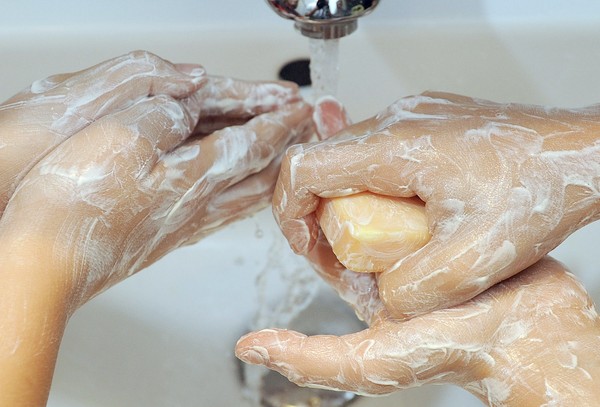What To Do If You Think You've Been Exposed To Someone With COVID-19
First and foremost, don't panic.
If you think you've been exposed to the virus, here are the steps you should follow to help contain the situation:
1. Prepare for a bad flu, not for a zombie apocalypse
First of all, according to New Straits Times, know that 80% of COVID-19 cases exhibit only a mild form of the flu, and that most people will be able to recover from it at home.
So, if you are going to stock up on supplies, medical experts have suggested buying over-the-counter medications that are helpful in relieving the milder symptoms of COVID-19 like pain relievers, fever reducers, and decongestants.
"For preparation, I think the most important thing is to make sure they have enough soap," said an infectious disease physician who emphasised the importance of routine handwashing amidst this crisis.
The doctors also recommended having supplies of frozen food and canned items that will not go bad in the time that is needed for quarantine. However, they reminded people to be thoughtful while buying and that grocery stores will continue to stay open.
With that said, also watch out for those at higher risk of getting seriously ill from the virus and will require medical attention such as older adults and people with chronic medical conditions like heart disease, diabetes, and previously known lung disease.
2. Stay at home to protect others around you
Consider if your work or school has guidelines for self-quarantine. Discuss sick leave policies or the possibility of working from home for the time being.
If you do feel under the weather, take extra measures to put physical distance between yourself and other people (about two metres) while monitoring if you develop the common symptoms of COVID-19 which are fever, cough, or shortness of breath.
The US Centres for Disease Prevention and Control (CDC) have suggested a separate room and bathroom for those who are sick from others in the household.
Wear a face mask if you are visibly coughing and sneezing, and avoid sharing household items with others, such as dishes, cups, bedding, and towels.
The CDC also suggests that someone in the house cleans and disinfects all "high-touch" surfaces every day, such as tables, doorknobs, phones, and toilets, with household cleaning spray or wipes.
3. Keep practising good personal hygiene
The Ministry of Health (MOH) in Malaysia has really stressed the importance of practicing everyday preventive actions in their COVID-19 guidelines to prevent the spread of this respiratory illness.
Whether you are sick or not, wash your hands often with soap and water for at least 20 seconds after going to the bathroom, before eating, and after coughing or blowing your nose. If soap and water are not readily available, use a hand sanitiser that is at least 60% alcohol.
Avoid touching your face, especially eyes, nose, and mouth with unwashed hands, and practice proper cough etiquette such as covering your mouth and nose with a tissue when you cough or sneeze, dispose of the tissue immediately, and again, wash your hands.
4. Call the doctor if you develop symptoms
Call your healthcare provider before seeking care, since you are potentially infectious with COVID-19 or otherwise, to protect those in the clinic or waiting room from getting infected or exposed.
The MOH has advised those with symptoms to contact the nearest district health office or state Crisis Preparedness and Response Centre (CPRC) that operates from 8am to 5pm.
For after-office hours, the MOH have suggested people contact private health practitioner services such as DoctorOnCall and BookDoc for advice on how to proceed.
However, immediately seek medical attention if you develop emergency warning signs for COVID-19 that are severe or concerning such as:
- Difficulty breathing,
- Persistent pain or pressure in the chest,
- Sudden unconsciousness, or
- Bluish lips or face.
The contact numbers of the district health office and CPRC are listed below:
5. Stay informed about the local outbreak situation
It is easy to worry when much news coverage is focused on COVID-19 lately, but remember to keep things in perspective.
Stay up to date with what is happening in your community and look to our health officials for guidance as this novel coronavirus outbreak is a rapidly developing situation with new information every day.
Follow the MOH on Facebook and Twitter for the latest updates.



